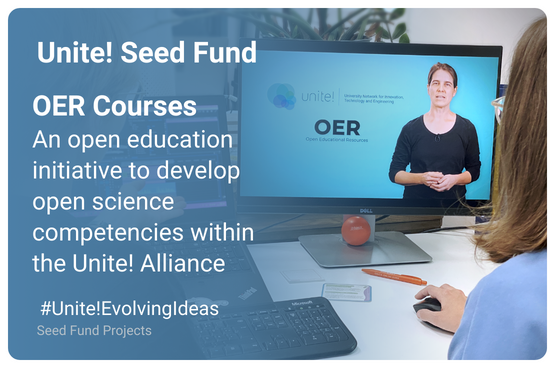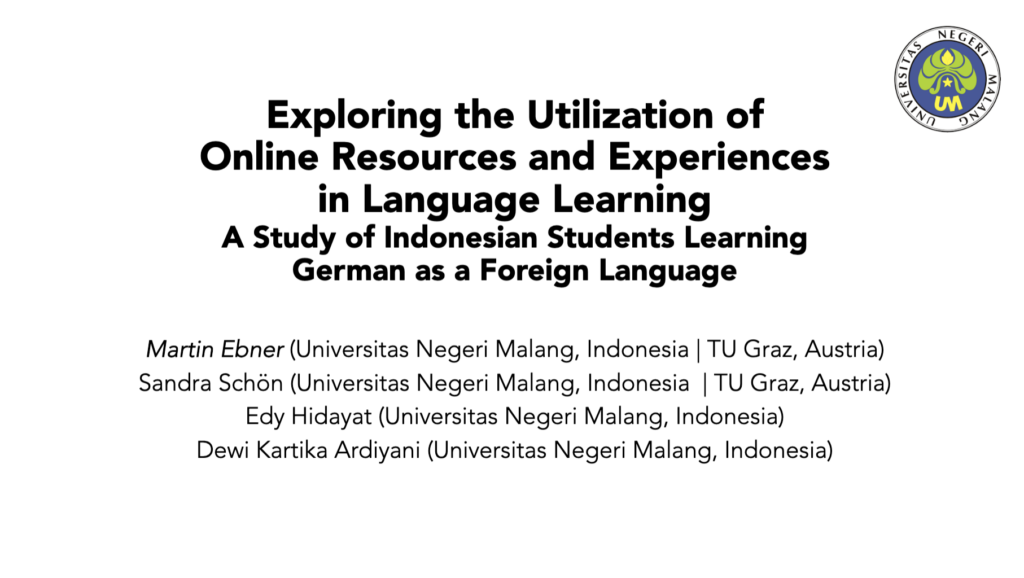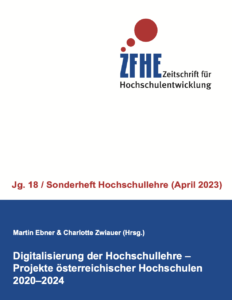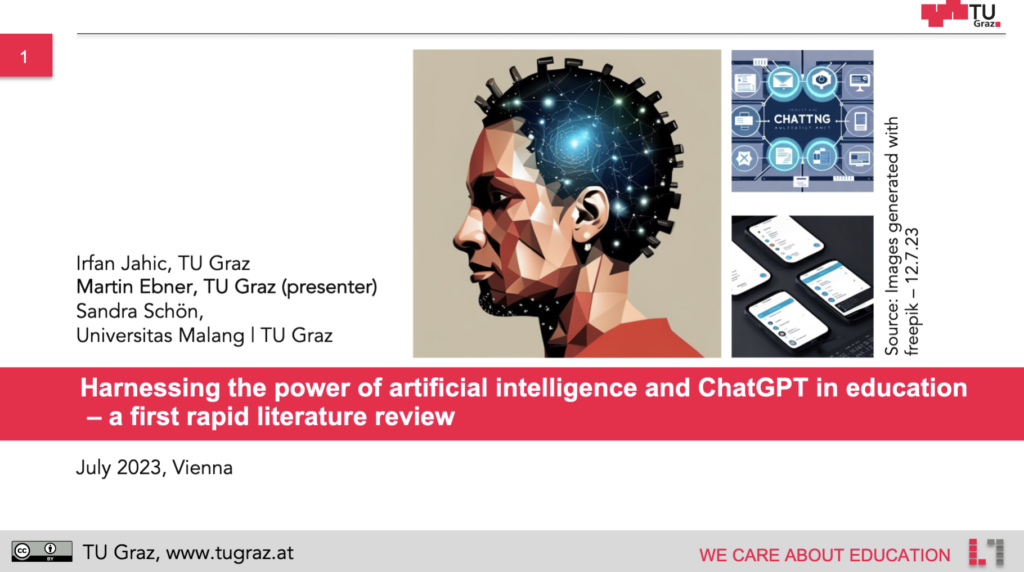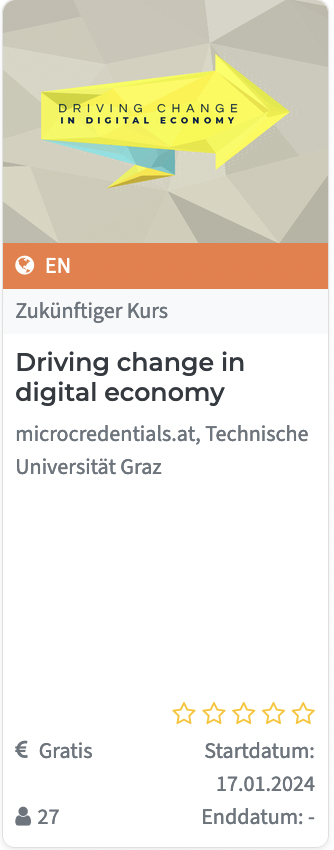We did a publication about „Role of MOOCs and Imoox for Austrian Universities Analysis of Performance Agreements and Activities at imoox“ for the EMOOCS 2023 conference.
Abstract:
This research paper provides an overview of the current state of MOOCs (massive open online courses) and universities in Austria, focusing on the national MOOC platform iMooX.at. The study begins by presenting the results of an analysis of the performance agreements of 22 Austrian public universities for the period 2022-2024, with a specific focus on the mention of MOOC activities and iMooX. The authors find that 12 of 22 (55 %) Austrian public universities use at least one of these terms, indicating a growing interest in MOOCs and online learning. Additionally, the authors analyze internal documentation data to share insights into how many universities in Austria have produced and/or used a MOOC on the iMooX platform since its launch in 2014. These findings provide a valuable measure of the current usage and monitoring of MOOCs and iMooX among Austrian higher education institutions. Overall, this research contributes to a better understanding of the current state of MOOCs and their integration within Austrian higher education.
Reference: Ebner, M., Edelsbrunner, S., Hohla-Sejkora, K., Lipp, S., & Schön. S. (2023) Role of MOOCs and Imoox for Austrian Universities. EMOOCs 2023, 77-94 [.pdf]

